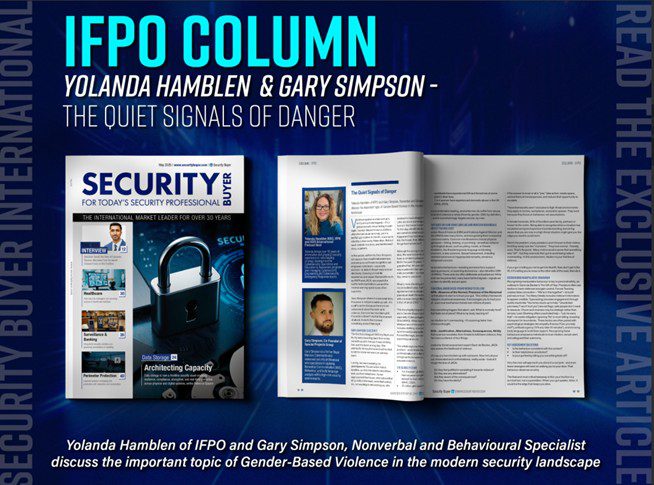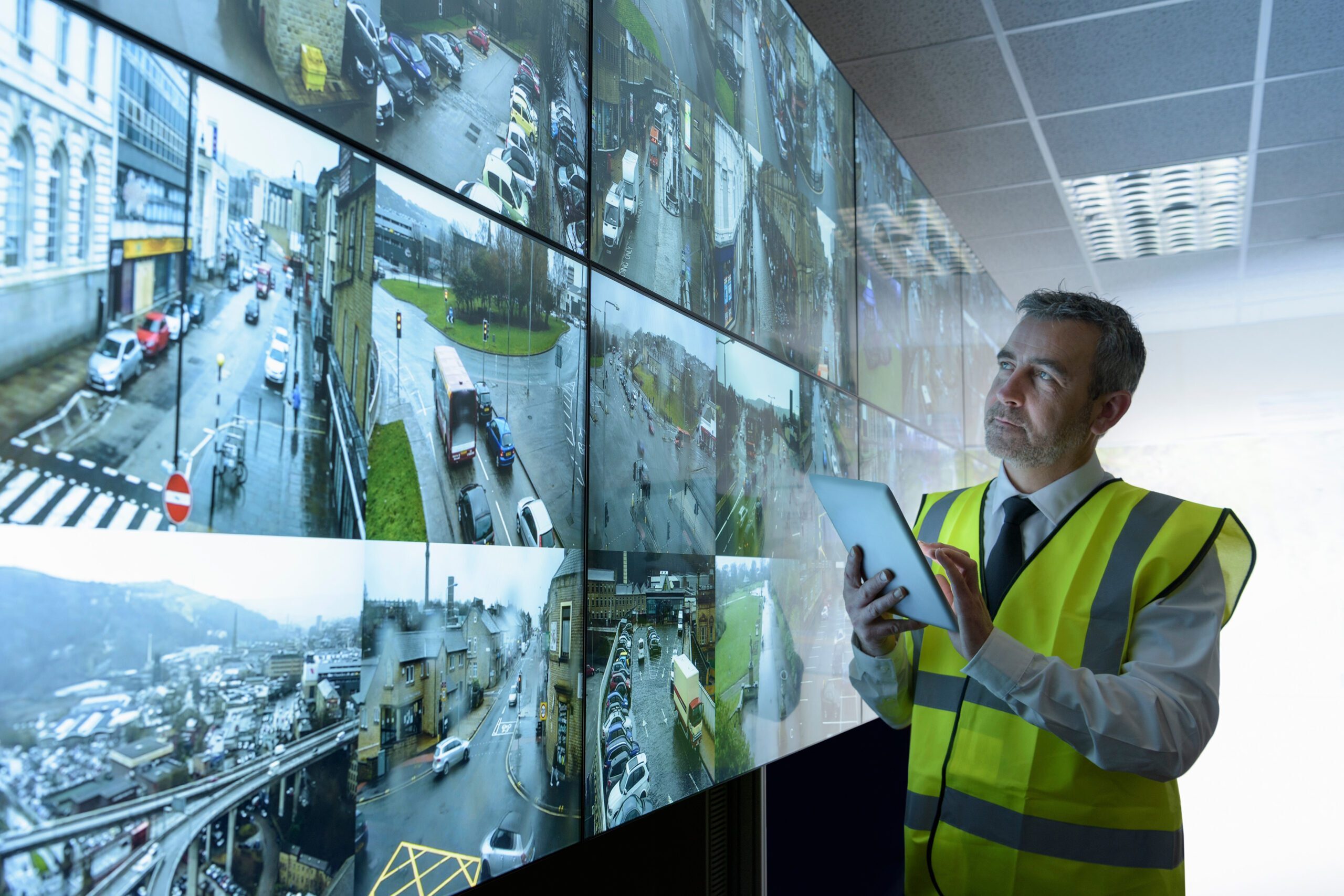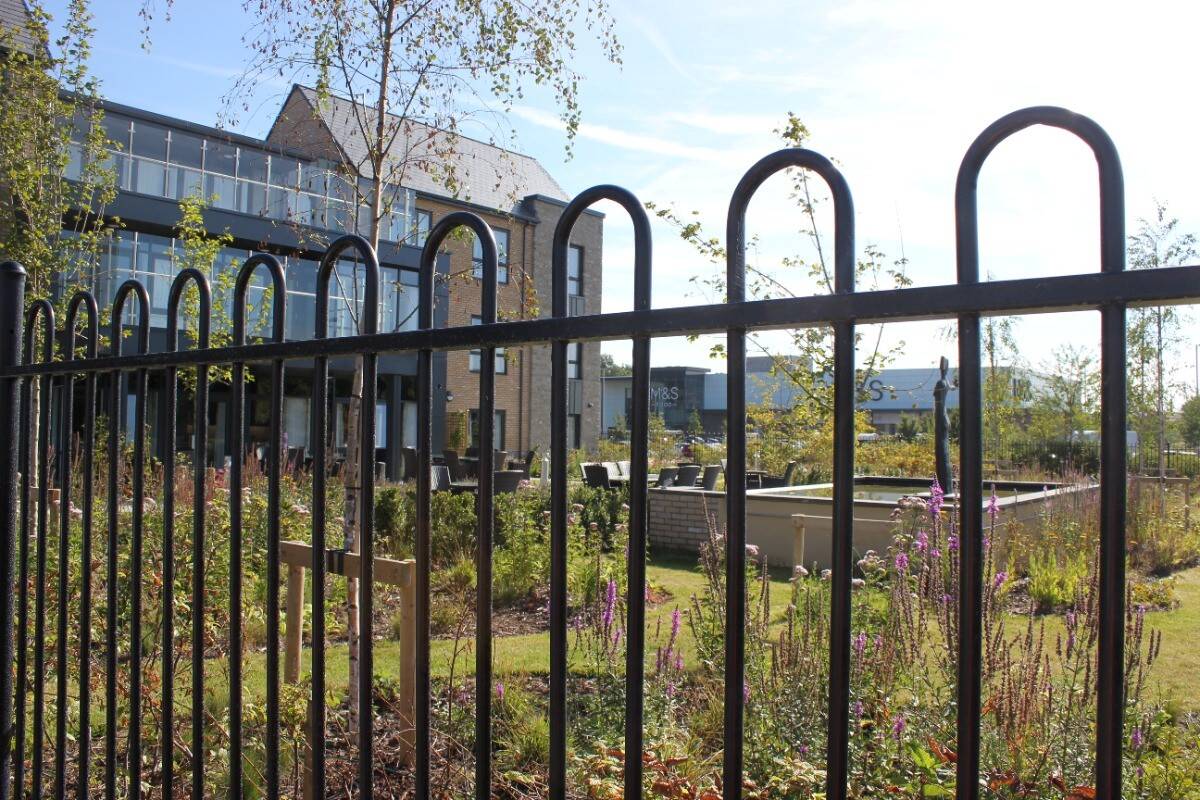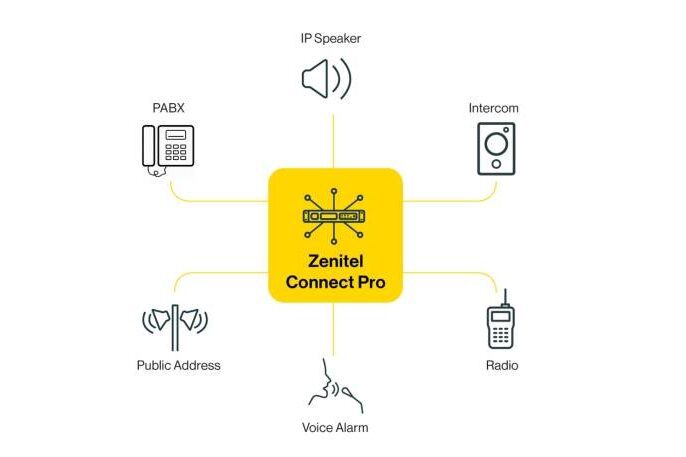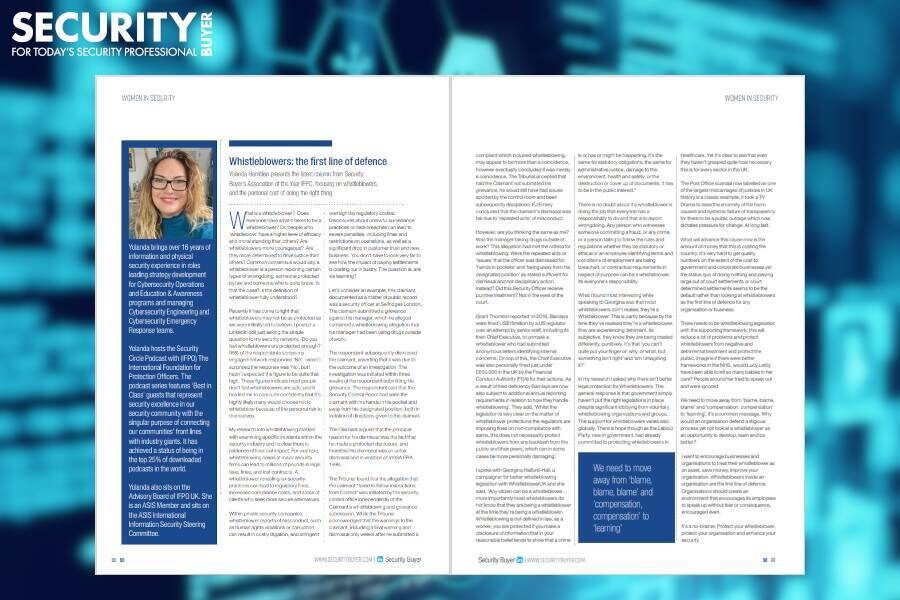
Big Brother Watch has published another report about CCTV, this time called “The Price of Privacy” which claims that UK councils have mis-spent £515 million on CCTV in the past four years.
Quoting discredited and out of date statistics, the report claims that the money spent on CCTV would be better spent on employing more police officers.
BBW then sets out a series of recommendations that most CCTV managers would accept as reasonable (in fact, most of the recommendations have been implemented for years).
The report quotes the McCahill and Norris figure of 4.2 million cameras (2002), rather than the more up to date figure of 1.85 million CCTV cameras in the UK which was released last year. It then goes on to claim that the average person is viewed 300 times a day on CCTV – a figure that even its author admits was based on a hypothetical and improbable journey around London. For the record, ACPO’s figure was closer to 70 times a day.
BBW’s recommendations are:
1. Give the CCTV regulator the powers to enforce the code of practice – this is supported by ACPO and the CCTV User Group
2. Any publicly funded CCTV installation should have to refer to crime statistics or demonstrate a significant risk of harm before being commenced – this already happens
3. Public bodies should publish the instances where their CCTV cameras have been used in securing a conviction, and for what offences – this often happens through regional and national media
4. Public bodies should be required (save for those used in direct protection of sites at risk of terrorism) to publish in a standardised format the locations of their cameras – this happens in some areas already but some CCTV managers and police have concerns about this.
5. The Government should begin a consultation on regulating private CCTV cameras, both those operated by commercial companies and by private individuals – the industry supports this
Nick Pickles, director of privacy and civil liberties campaign group Big Brother Watch, said: “Britain has an out-of-control surveillance culture that is doing little to improve public safety but has made our cities the most watched in the world.”
He says that the UK is home to 20 per cent of the world’s CCTV cameras – without saying on what basis that calculation was made. Does Pickles have reliable figures for the number of cameras in the world? He doesn’t even have a clue as to how many cameras there are in the UK.
The headline findings of the report include:
- There are now at least 51,600 CCTV cameras controlled by local authorities
- Five authorities now have more than 1,000 CCTV cameras
- Seven local authorities now have more CCTV cameras than Liverpool, Manchester and Leeds combined.
- Between 2007 and 2011: Local authorities spent £515m on CCTV
- Birmingham and Westminster councils have spent more than £10m each
- 18 authorities have spent more than £1m per year (Full lists below)
In comparison, £515m would put an extra 4,121 police constables on the streets – the equivalent of Northumbria police’s entire force. “There is no credible evidence that more cameras will reduce crime, yet councils have poured enough money into CCTV in just four years that would have put more than four thousand extra police officers on the streets,” Pickles said.
To put BBW’s figures in context, 4,121 extra officers would represent a 2 per cent increase in manpower – at the price of not having CCTV. In a recent interview with DCC Graeme Gerrard (to be published in CCTV Image magazine), he said that CCTV was the first port of call for officers involved in major investigations as it will often yield vital clues such as identifying suspects and witnesses, determining the exact sequence of events (eg, who threw the first punch) and where suspects fled after the event.
A study by the Metropolitan Police in 2009 found that CCTV played a vital role in 7 out of 10 murder investigations in London.
Getting rid of CCTV to save money would be like doing away with fingerprints and DNA profiling.
Pickles goes on to say: “Surveillance is an important tool in modern policing but it is not a substitute for policing. In too many cities across the country every corner has a camera but only a few ever see a police officer. Despite millions of cameras, Britain’s crime rate is not significantly lower than comparable countries that do not have such a vast surveillance state.”
Independent research shows that there is overwhelming public support for CCTV, with some 90 per cent of the public in favour of it and 82 per cent believing that it saves money for police and courts. Eighty per cent said it was not an infringement of their privacy and 71 per cent said it made them feel safer in public.
BBW’s statistics were gathered through Freedom of Information requests and cover the period 1 April 2007 to 31 March 2011.


















